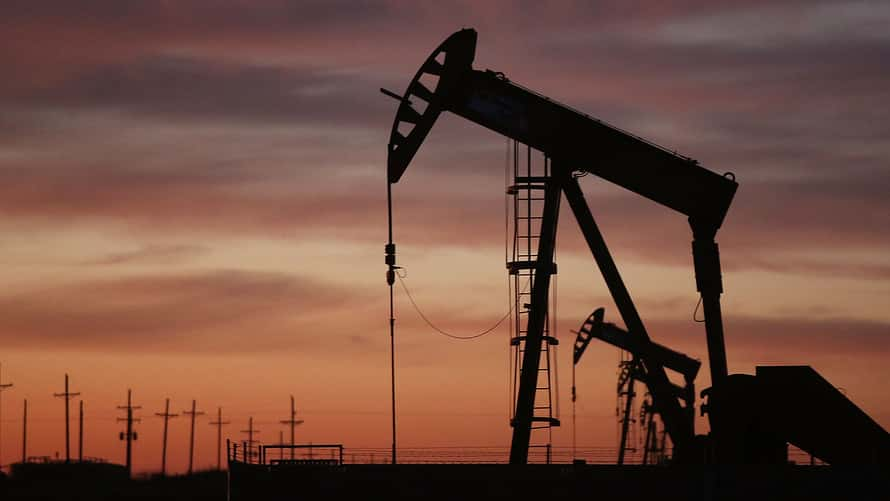
BISMARCK, N.D. (AP) — A major spending initiative aimed at infrastructure projects outside western North Dakota’s oil patch is on pace to be fully funded for the first time since the Legislature approved it three years ago, due to strong oil prices and steady production, officials said Wednesday.
“Operation Prairie Dog,” named for the industrious burrowing mammal, was passed by the 2019 Legislature to provide $250 million in every two-year budget cycle for counties, cities and airports in non-oil producing areas for such things as roads, bridges and airport projects.
The bill, which won wide legislative support, assumed oil production and prices would hold though the two-year budget cycle.
But “due to the pandemic-related collapse in global oil price and the resulting drop in North Dakota oil production,” oil tax revenue was only $3.6 billion, or 25% lower than had been projected for the last budget period, said Joe Morrissette, the state’s top budget writer.
That meant only $29.9 million was distributed for the 2019-2021 budget period, based on the legislation’s funding formula that puts municipalities with higher populations at the head of the line.
Still, the Legislature distributed more than $300 million in federal coronavirus relief funds for statewide infrastructure projects during its special session in November, Morrissette said.
Oil revenues during the budget cycle that ends next year already are over $730 million more than forecast due to greater-than-expected oil prices and steady production, state budget data show.
Morrissette said if oil revenue continues at the current rate, Prairie Dog would be fully funded and distributed early next year.
The legislation was the brainchild of Republican Senate Majority Leader Rich Wardner, who crafted the plan after much grumbling by lawmakers outside the oil patch that their oil-rich colleagues were getting too large a share of money for their infrastructure needs.
“I was hearing: ‘When are we gonna get ours, when is it our turn?’” Wardner said.
The longtime lawmaker, who is retiring this year, said he was confident Prairie Dog would get the entire $250 million this year.
“It’s going to fill,” he said.
All but the eight oil-producing counties are eligible for the funds. The bulk of the money, $169.2 million, is to be shared between municipalities and counties and townships for infrastructure. Counties and townships get an additional $30.4 million, as do municipalities. Another $20 million is set aside for airport infrastructure to be used mainly to match federal funds for projects, Wardner said.
“Every incorporated city in non-oil counties will get something,” Wardner said. “They will be able to do things they haven’t done before.”
The allocations will range from a few thousand dollars for small communities to several million dollars for the larger, higher-population cities, he said.
